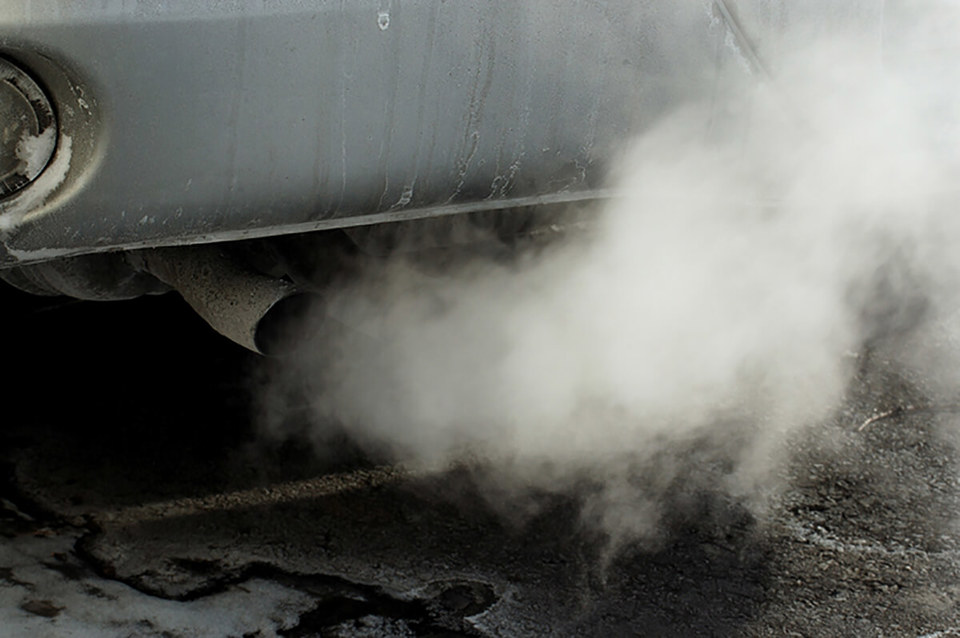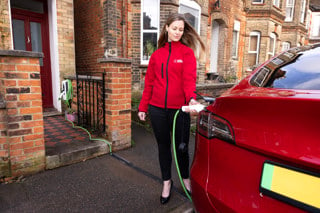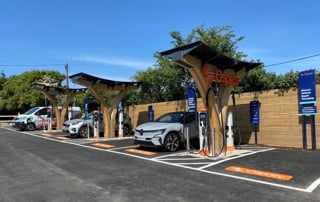A diesel car scrappage scheme is being considered by Government as part of a plan to lower emissions and improve air quality across the country, reports suggest.
Work is underway by officials in the Department for Transport (DfT) and Department for Environment, Food and Rural Affairs (DEFRA) on a scheme to offer cashback or a discount on low emission cars if people trade in their old polluting vehicles, reports The Telegraph.
Talks have taken place with the Treasury, which would finance the plan, and officials are developing a scheme which could focus on geographical areas around the country where pollution is worst.
Richard Howard, head of environment and energy at Policy Exchange, said: “Policy Exchange welcomes reports that the Government is considering a diesel scrappage scheme.
"We have proposed a package of measures to clean up air pollution, including a diesel scrappage scheme, together with restrictions on the most polluting vehicles entering cities, and tighter emission standards for new vehicles.
"To have the best chance of cleaning up air pollution, Government should use a combination of national fiscal policies, such as a diesel scrappage scheme, and city-level policies such as restrictions on the most polluting vehicles.
"In our 2015 publication ‘Up in the Air’, we proposed that motorists should be given a scrappage grant if they choose to replace an older diesel vehicle early. We also suggested that a scrappage scheme should not be restricted to vehicles over 10 years old, since the evidence suggests that even relatively new diesel cars emit high levels of NOx.
"The scheme should encourage the purchase of vehicles with lower NOx and PM emissions such as petrol, petrol hybrid, electric or LPG vehicles - but not new diesels.
“The Government needs to adopt a ‘carrot and stick’ approach in order to clean up air pollution in our cities whilst avoiding hitting ‘Just About Managing’ households and small businesses.”
However, a scrappage scheme aimed at removing the dirtiest diesel cars from the roads would have to be on a huge scale to have any significant effect, according to the RAC Foundation.
They account for some 17% of all diesel cars on the road (11.2 million in total) and are responsible for 15% of total NOx emissions from diesel cars based on estimates of real world driving data and annual mileages from MOT records.
The analysis calculated what might happen if a scheme was implemented along the same lines as that run in 2009/10 as an economic stimulus for the car industry. This would take 400,000 of the oldest diesel cars off the road at a cost of some £800 million with the government and manufacturers both contributing £1,000 each to help people who trade in their existing vehicle replace it with a new model.
If every one of the 400,000 older cars was replaced with a new zero-emission electric vehicle then the cut in annual NOx emissions from the diesel fleet would be about 4,900 tonnes or 3.2% of the total emissions from diesel cars.
This drops to 2,000 tonnes per annum (1.3% of the total) if the scrapped cars were replaced with the latest Euro 6 diesel models and driven the same distance as those scrapped.
However there could be an annual increase of about 300 tonnes if the replacement Euro 6 diesels were driven as much as the other Euro 6 diesels being sold, with the mileages of all other vehicles remaining the same.
Furthermore it would be hard to target a scrappage scheme at those cars being used in urban areas where poor air quality is of greatest concern.























Glenn Ewen - 07/02/2017 15:06
If 400,000 were to replace their dirty diesels with zero-emission cars, we'd have 250,000 cars with flat batteries scattered across the country for lack of charging sites.